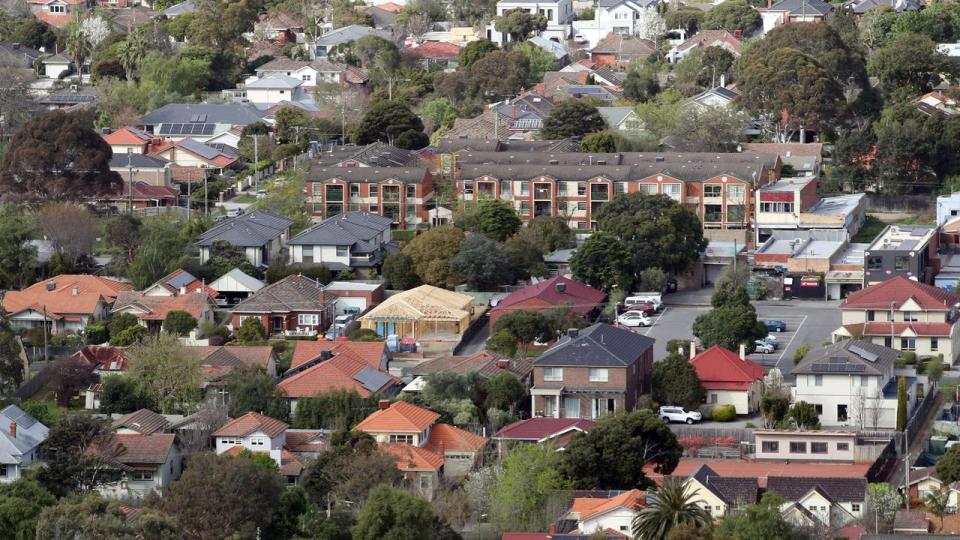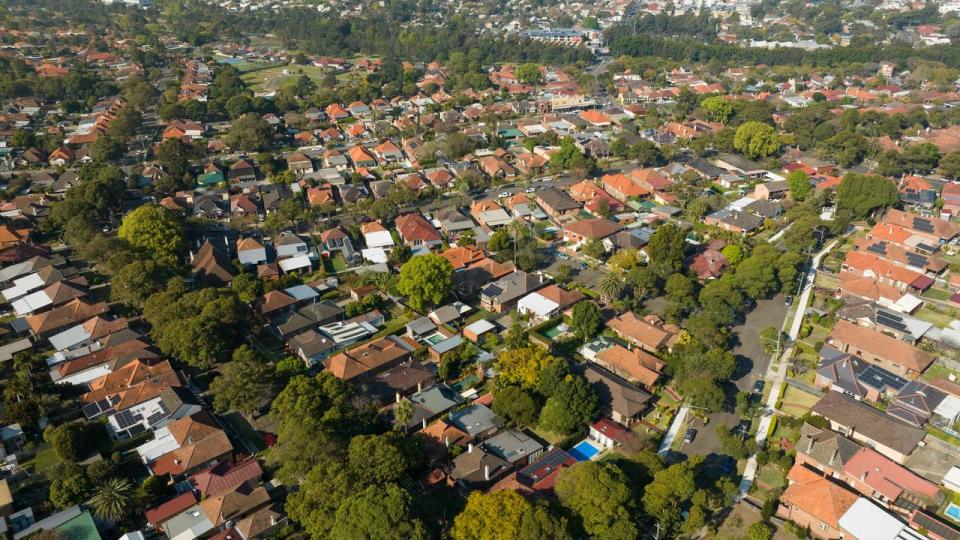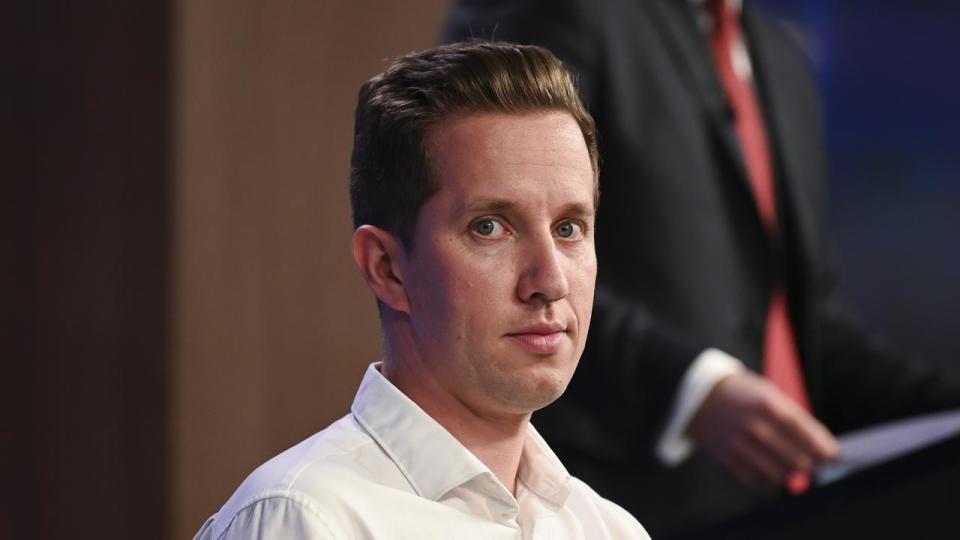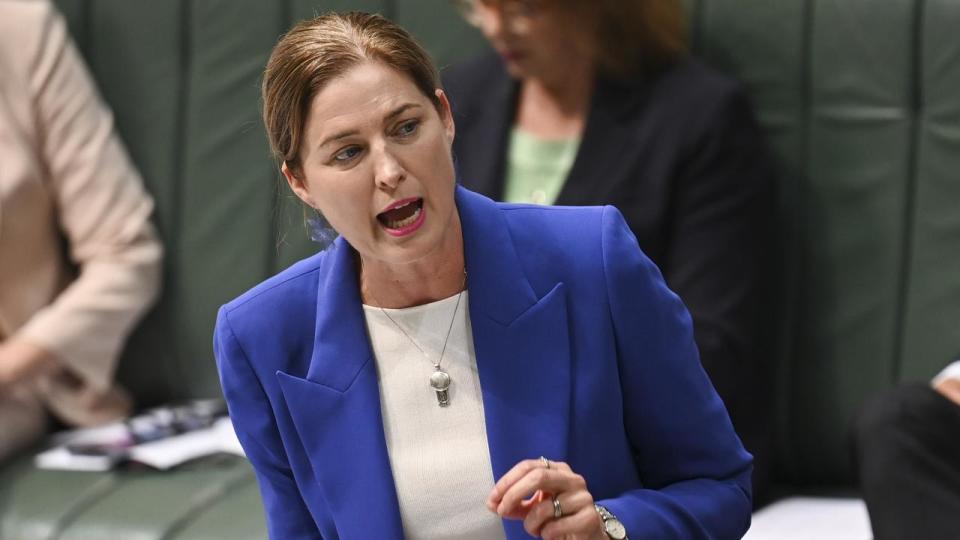Eye-watering salary needed to buy a home

Australians wanting to buy a house are facing a brutal uphill battle, with the annual salary needed to be able to comfortably service a mortgage reaching sky high levels.
New data from the parliamentary library, commissioned by the Greens, has revealed the average borrower would need to earn $164,400 – more than $66,000 above the average income, every year to pay off a standard mortgage without falling into housing stress.
Housing stress occurs when more than 30 per cent of earnings are spent on housing, and according to a Redbridge poll, nearly half of voters are already experiencing the phenomenon – including almost one-third of people already spending more than 40 per cent of their salary on a home loan.
The situation, while already grim, is much worse in Australia’s capital cities.
In Greater Sydney, where the median house price is $1.36m and the average income is $98,353, only households with earnings above $293,578 will avoid feeling the crunch.
For the median priced unit of $767,250, an income of $165,623 is needed to avoid housing stress.

Across the eight capital cities combined – assuming the median house price is $866,000 and median unit is $620,000, and the average income is $98,218 – respective yearly incomes of $186,940 and $133,837 are needed to keep repayments under 30 per cent of income.
Outside of capital cities where the average income is $98,218, earnings of at least $131,678 are needed to avoid housing stress on the median $610,000 house.
The analysis assumes mortgage holders have put down a 20 per cent deposit, and have a standard variable rate, paying principal and interest, of 6.49 per cent for a 25-year loan.
Greens housing spokesman Max Chandler Mather said the analysis showed the system was “broken”, and renewed his calls for Labor to wind back negative gearing and scrap capital gains tax concessions.

“The only way we are going to fix this crisis is if Labor finally works with the Greens to phase out the massive tax handouts for property investors, like negative gearing, that are denying millions of renters the chance to buy a home,” he said.
“Owning a home has become an ‘impossible dream’ for millions of Australians.”
Mr Chandler-Mather is currently causing headaches for Labor over the Greens’ refusal to support the government’s shared equity scheme unless changes to the property tax system are made.
Housing Minister Julie Collins said if the Greens wanted to bring home ownership “back into reach” for 40,000 Australian households they should help pass Help to Buy.
“Our government wants to help more Australians into home ownership, which is exactly why Help to Buy is so important,” she said.
“Help to Buy will reduce the cost of a mortgage by up to 40 per cent for low- and middle-income earners.”

The Greens have described the scheme, which would be offered to 10,000 households per year over four years, as a “lottery”.
If passed, eligible participants would require just a two per cent deposit to buy their first home, with the government taking an equity stake of up to 40 per cent for new homes, and up to 30 per cent for existing homes.
The government says that would not only mean needing to save less for a deposit, but also lower ongoing repayments amid high interest rate.
“If they really wanted to support home buyers, the Liberals and the Greens would back Help to Buy,” Ms Collins said.

 Yahoo Finance
Yahoo Finance 